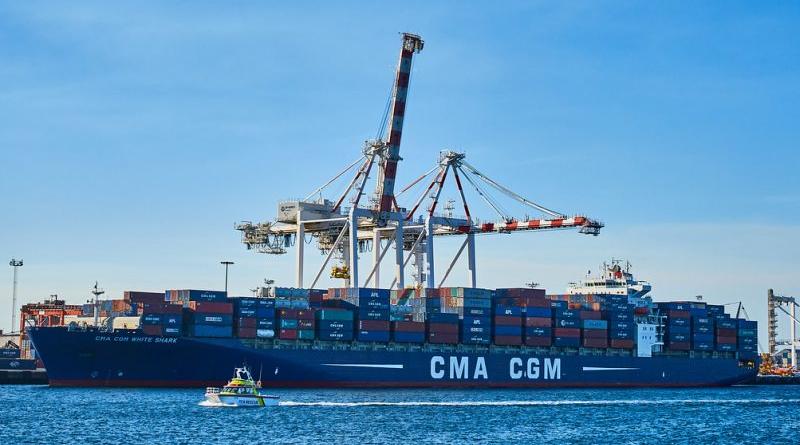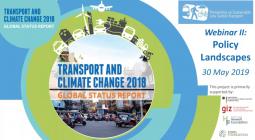Shipping heavyweights at risk of missing climate targets.

The world’s shipping heavyweights are not investing in key technologies to reduce their carbon footprint, putting the sector at risk of missing targets to reduce greenhouse gas emissions by 50% by 2050, according to the Carbon Disclosure Project.
This is revealed in a new report ‘A Sea Change’ from the environmental non-profit and investment research provider CDP. The report ranks 18 of the largest publicly listed shipping companies, representing US$62 billion of market capitalization, on business readiness for a low-carbon transition.
Shipping accounts for up to 3% of global emissions and 10% of transport emissions – roughly the same as aviation – and is an integral part of the global economy, transporting around 80% of the world’s trade in physical goods.
Marine freight is the least emissions intensive way of moving cargo, but freight demand is on the rise, which will require the sector to rapidly reduce its carbon emissions.
Against the backdrop of the IMO’s recent strategy to reduce the industry’s greenhouse gas emissions by half by 2050, there is heightened pressure on shipping companies to take a long-term approach in curbing their carbon footprint.
To date Maersk, HMM and NORDEN are the most ambitious in setting long-term targets to reduce carbon emissions, consistent with the IMO’s strategy. However, the report finds there is a gap between the cutting-edge carbon-neutral technologies available to companies, and the forms of innovation they are developing.
CDP’s analysis of marine innovations finds that only three are actively developing technologies that can have a transformative impact on the industry. Companies such as NYK are working towards developing zero-emission vessels for 2050, whilst Maersk and NORDEN are actively pioneering the use of ‘second generation’ biofuels produced from waste sources such as cooking oil.
Wider innovation trends currently focus on technologies and fuels that only deliver marginal improvements.
Slow steaming – slowing down ships significantly below their maximum speed – is an important short-term solution capable of reducing carbon emissions by up to 30%. 13 of the 18 companies were found to have a formal slow steaming policy including K Line, HMM, Euronav and COSCO S.H who have established ‘super slow steaming’ policies.
Although slow steaming is positive in the short term, it could result in more voyages to meet growing demand, eroding the emission reductions made by slowing down ships.
The research also finds that whilst Container companies which carry consumer goods such as clothing and food are resilient to long-term decarbonisation trends, they are facing increasing scrutiny and pressure as their customers look to cut emissions from their supply chain.
On the other hand, Bulk and Tanker companies that transport fossil fuels and other commodities face risks from changes in demand for these products due to wider decarbonisation trends.
Carole Ferguson, Head of Investor Research, CDP commented, “Shipping companies are facing a sea change on the horizon. Based on current technologies, marine freight is one of the least emissions intensive modes of transport, therefore critical to the low-carbon transition.
But as the global economy grows, the industry could account for 17% of global emissions by 2050, if nothing is done.
Against the backdrop of the IMO’s targets, the industry needs to drive collaboration with the manufacturers of vessels and shipping technologies to develop the step change innovations needed to have any chance of meeting these goals. Separately, our recent analysis of the capital goods sector also shows that these manufacturers are much more focused on transformative change in power generation and other areas of transport than in technology solutions for the shipping sector.
While it is promising to see that leading companies are acting, with Maersk and HMM setting net zero emission targets for 2050 and exploring alternative fuels, the onus must be on the whole sector to jump-start their shift into a low-carbon future.”
4 July 2019
![]()




